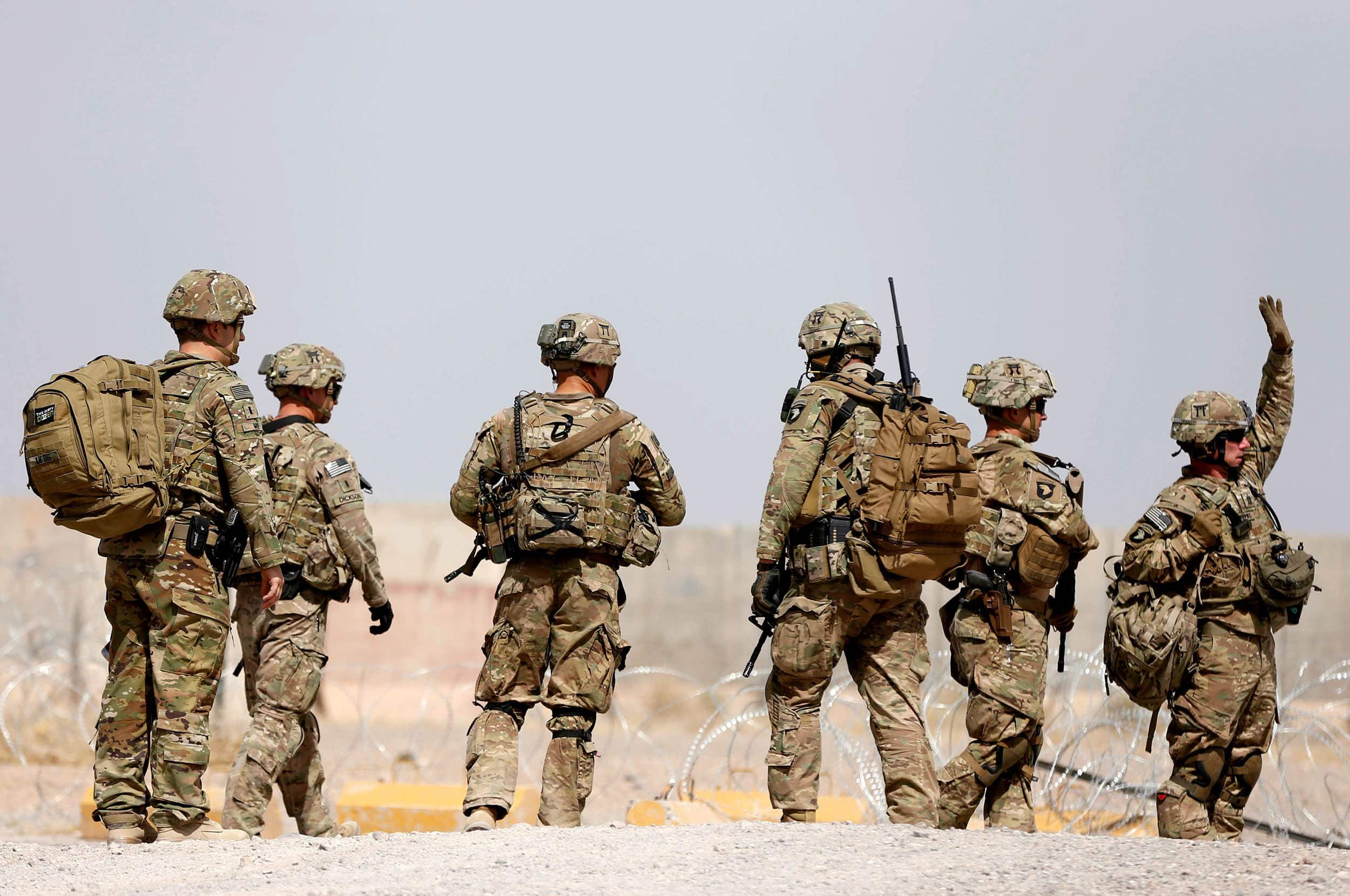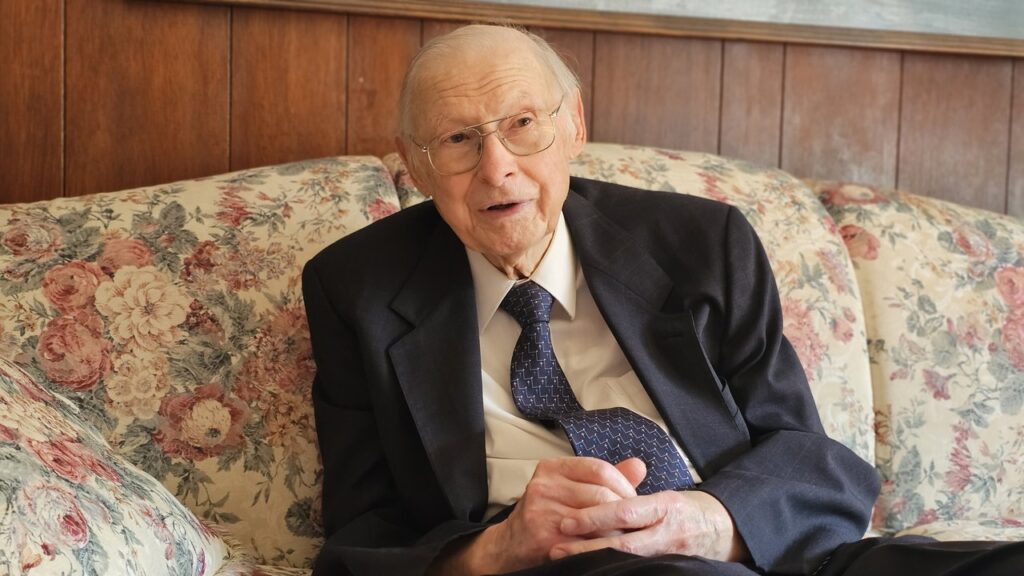As opposed to most Hungarians, I have my own, albeit limited and indirect, experience of the Afghanistan endeavour. My stepfather served two tours in that country, with the first one occurring in 2009, when we were still living in the same household and I was about nine. I remember my mother’s anxiety, but also the awe in which I looked at his field uniform and the excitement of the phone calls he placed to us from that far away country. I also remember proudly answering when I was asked what my dad did that he was a military officer and happened to be serving in Afghanistan.
So because of my personal involvement, and the kind of inerasble feeling of sympathy for all men and women in uniform, I would never join the chorus of those revelling in Schadenfreude at the Afghanistan demise, although I must note that the United States government and State Department’s situational awareness regarding Afghanistan leaves a lot to be desired.
As I am writing this article, Joe Biden has not yet spoken to any world leaders about the situation in Afghanistan. I think this is an insult to all those allies who supported the US in Afghanistan for two decades, including Hungary.
Many have also already pointed out that it was only yesterday that the State Department issued a statement calling for the Taliban to be “inclusive” and “representative.” ‘Our country is run by people who are completely out of touch with all semblance of reality,’ the Daily Wire commented. On 13(!) August the US Embassy in Kabul was apparently still recruiting, while according to a message issued by the Embassy itself on 17 August, all mission personnel were already at the Kabul international airport by that time, ready to be evacuated.
Mind you, it is not only the US Government, but also progressives elites in America that live in a parallel world. In their skewed reality, everybody, but the current administration is to blame for the shameful Afghanistan exit disaster. The culprits are mainly Trump, right-wing Americans, Russia and China. The most mind-boggling denial of reality I have seen is from acclaimed leftist documentary film maker Michael Moore, who equated the Afghan Taliban with the few radicals who stormed the Capitol in January.
But the incompetence of the people who rule the US now aside, and without going into what were the mistaken ideas and hubris that caused the Afghan endeavour to be doomed from the start, we must give credit to and appreciate the sacrifices of the US troops and their allies. It is clear that the United States bore most of the burden and was pretty much on its own, perhaps save the Brits, in terms of actually fighting the Taliban in combat. The main reason for that was that most NATO countries sent their troops to Afghanistan with strict caveats, meaning that their soldiers were not authorized to engage in combat action, only in peace keeping and reconstruction efforts. Nevertheless, many nations’ sons and daughters also perished in Afghanistan, among them seven Hungarian soldiers. They deserve to be remembered.
In the summer of 2008, two Hungarian EOD specialists were killed – tragically, the second was the first’s replacement. In 2010, a Hungarian Provincial Reconstruction Team (PRT) convoy carrying soldiers, set to return to Hungary, from the PRT camp in Pol-e-Khumri to Mazar-e-Sharif, was ambushed by insurgents. An RPG killed a female soldiers on the spot, while a severely wounded male soldier died later. In 2011, two more soldiers, again a woman and a man, lost their lives in what was apparently a road accident as they were carrying out a logistical task traveling in an MRAP MaxxPro. The same year, a Hungarian medical officer suffered a heart attack in the PRT camp and his life could not be saved.
To compare, the number of Hungarian casualties is about the same as that of Estonia and Sweden, but of course is nowhere near the enormous loss of life the US suffered, 2355 troops, or the sacrifice of the UK, which lost 456 soldiers. But for the families of the Hungarian military who died while serving in Afghanistan, that is no consolation.
Apart from the lives lost, a major negative of the Afghanistan mission of Hungary is that the efforts to train the Afghan National Army lacked in effectiveness, to say the least
I remember overhearing my parents’ conversations about how the American-Hungarian-Afghan Operation, Mentoring and Liaison Teams (OMLTs) routinely functioned when attacked by Taliban fighters: apparently, the Afghans ran, the Hungarians sought cover, while the Americans returned fire. This hearsay information is corroborated by what Hungarian security policy expert Attila Demkó wrote in a recent article. He claimed Afghan government troops sitting in armoured vehicles often fled from Taliban riding bicycles. I recall anecdotes told by Hungarian training officers that many Afghan trainees could not read or write, and had difficulty understanding simple instructions even with the help of interpreters, not to mention their issues with time management. But the specific Hungarian experience aside, I think this short video trending on Twitter sums up well what was the often the sad reality behind the well-sounding slogan of building the ANA. I would also add that the significance of the Hungarian mission in Afghanistan and the readiness of Hungarian governments across the board to send troops there should be viewed in the context of the history of my homeland. We are talking about a freedom-loving country in which one of the most important demands of the people in 1848, 1956 and 1989 was to take foreign troops away from Hungary and bring back our own from abroad. Once Hungary became an independent, sovereign nation that sentiment started to change, but according to a 2018 PAGEO Institute poll, it was still more than 60 per cent of Hungarians at the time who said Hungary should not send soldiers to missions abroad at all, with only less than 26 per cent supporting foreign military engagement, and more than 13 per cent being undecided about the issue. So while our elite and military have been committed to foreign missions in order to fulfill the country’s obligations as a NATO ally, the majority of the population seems to disagree.
On the other hand, it is undeniable that in many ways, the gigantic international effort in Afghanistan did make a positive difference in several ways. As Demkó noted, the education and empowering of women has been the single greatest achievement of the 20-year-long Western mission. Also, as an in-depth analysis on the novekedes.hu website pointed out, a large portion of Islamist-based terrorism was tied down in Afghanistan for two decades, and many terrorists who could have otherwise infiltrated the Western world and killed many innocent people were taken out by the NATO coalition and its partner countries. As my stepfather used to say back then, ‘We go there so they wouldn’t come here.’
It is also a plus that Hungarian soldiers gained invaluable experience and acquired special skills while in Afghanistan. When the troops of the last Afghanistan rotation of the Hungarian Defence Forces were welcomed home on 9 June this year, amidst limited media interest, the Chief of the HDF, Romulusz Ruszin-Szendi said the expertise of all those who served in Afghanistan will be used in the training of the Hungarian military and will contribute ‘towards the protection of the Hungarian people and the guaranteeing of their security.’ So despite everything, I think that we should honour our troops who risked and lost their lives in Afghanistan, fighting an invincible, but noble war, and at least thank them for their service.








